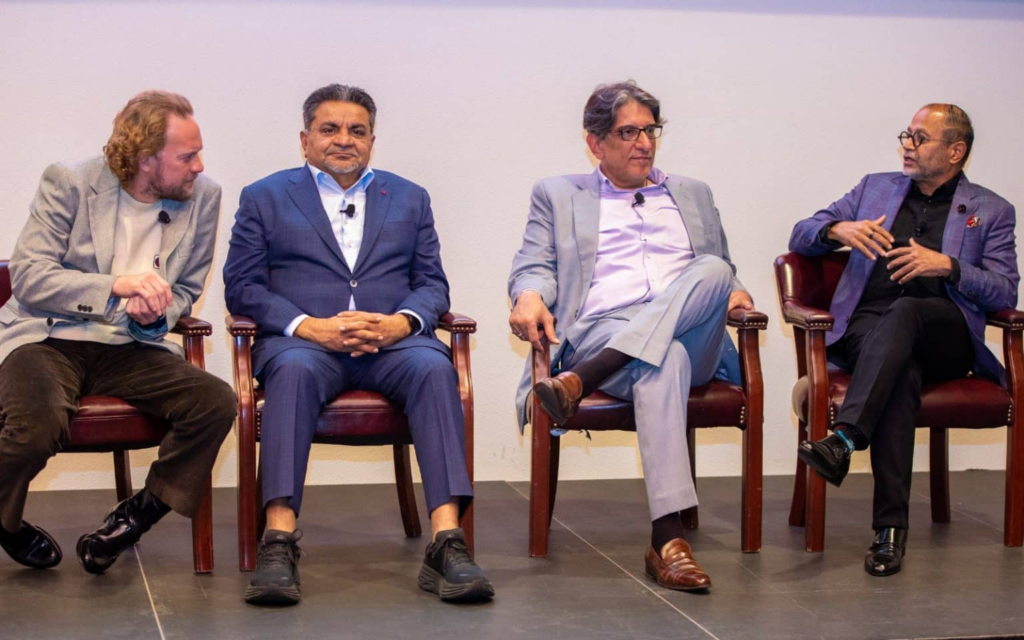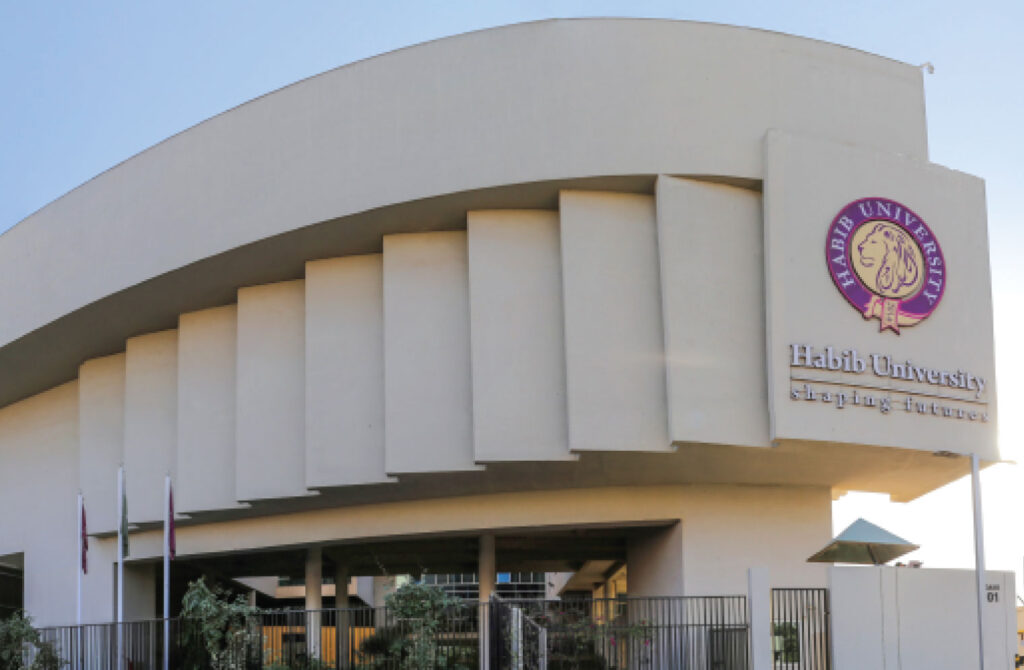Habib University, with its visionary commitment to providing quality education to high-merit students from diverse socio-economic backgrounds, has garnered global recognition, positioning Pakistan prominently in the international higher education landscape.
This recognition came to the forefront through two significant events in the United States—the New England Commission of Higher Education (NECHE) Annual Meeting 2023 and a celebration of global philanthropy at Stanford University.
In a groundbreaking achievement for a Pakistani university, Habib University received an invitation to speak at the NECHE Annual Meeting, an accreditation body known for its dedication to quality, innovation, and student success in higher education. The institution shared this prestigious platform with renowned liberal arts institutions like Yale and Harvard.
At the event, President Wasif Rizvi introduced the concept of “international agility,” emphasizing the university’s distinctive model of higher education. This model prioritizes a holistic understanding of one’s reality, contextual and indigenous knowledge, and aims to equip students to contribute as intelligent and thoughtful global citizens to both community and industry.

Habib University’s commitment to inclusivity is reflected in its community-owned approach, ensuring that deserving students have access to quality higher education regardless of financial constraints.
To recognize the contributions of its beneficiaries, known as Mohsineen, the university hosted a historic event, “Transformative Gifts: Creating Legacies,” at Stanford University on December 9. The event celebrated the remarkable contributions of the Dhanani and Jeewanjee families, highlighting the establishment of the Dhanani School of Science and Engineering and the Imam Ali (AS) Endowed Faculty Chair in Wisdom and Humanities.
Addressing the event, President Rizvi stated, “Elevating the standard of academic excellence in Pakistan poses a compelling challenge. Our mission is to position Karachi as a dynamic platform that beckons higher-caliber academics. By dispelling misconceptions, we aim to unveil the true potential and vibrancy of Pakistan.”
The legacies created by these families at Habib University exemplify the rich tradition of US philanthropy, recognizing higher education as a transformative force for global change. Dr. Alexander Key, Associate Professor of Comparative Literature at Stanford University, praised Habib University’s Liberal Core, stating, “The Liberal Core at Habib University is a more intellectually exciting, better organized, and more rigorous undergrad education program than my colleagues and I have created here at Stanford.”
Sarah Stein Greenberg, Executive Director of Stanford University’s d.school, commended Habib University for paving the way for inclusive education and ensuring equal access to knowledge and opportunities across Pakistan.
The event, attended by participants from various US cities on Stanford’s picturesque campus, facilitated insightful discussions on challenges in Pakistan’s higher education, the marginalization of students along class lines, and deeper issues. It not only showcased Habib University’s global impact but also contributed to shaping a positive narrative for Pakistan on the international stage.
In conclusion, Habib University’s endeavors to redefine higher education in Pakistan have not only earned global recognition but also positioned the country as a hub for academic excellence and inclusivity. Through collaborative efforts and a commitment to transformative education, the university continues to pave the way for a brighter and more inclusive future for Pakistani students.
